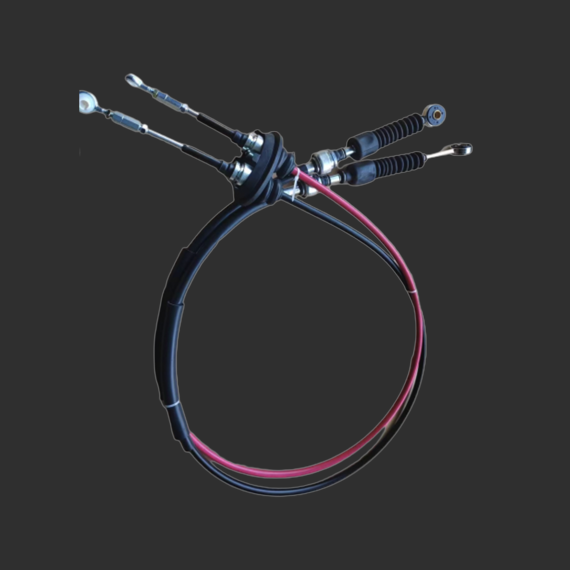clutch master cylinder hose
Understanding the Clutch Master Cylinder Hose Importance, Function, and Maintenance
The clutch master cylinder hose is a critical component of a vehicle's clutch system, playing a vital role in ensuring a smooth and efficient operation of the clutch mechanism. As with many automotive parts, understanding the function and maintenance of the clutch master cylinder hose can significantly enhance vehicle performance and safety.
What is the Clutch Master Cylinder Hose?
The clutch master cylinder hose connects the clutch master cylinder to the slave cylinder in a hydraulic clutch system. Its primary function is to transfer hydraulic fluid under pressure from the master cylinder to the slave cylinder. The slave cylinder then engages or disengages the clutch, allowing the driver to shift gears seamlessly. This hydraulic system replaces the traditional mechanical linkages, offering smoother operation and less physical strain on the driver.
Importance of the Clutch Master Cylinder Hose
The clutch master cylinder hose is essential for several reasons
1. Hydraulic Efficiency The hose enables efficient transfer of hydraulic pressure, allowing for quick and precise disengagement and engagement of the clutch. This efficiency is paramount during complex driving situations where rapid gear changes are required.
2. Safety and Response A well-functioning hose ensures an immediate response to the driver's actions. Delays in clutch engagement can lead to dangerous situations, especially in high-speed driving or emergency stops.
3. Prevention of Contamination The hose is designed to prevent the contamination of the hydraulic fluid. Contaminated fluid can lead to significant wear and tear on the clutch system, ultimately resulting in costly repairs.
Common Issues with the Clutch Master Cylinder Hose
Like all automotive components, the clutch master cylinder hose can experience wear over time. Some common issues include
clutch master cylinder hose

- Leaking One of the most prevalent problems is fluid leaks. Over time, the hose can develop cracks or become worn, leading to hydraulic fluid escaping. This not only affects clutch performance but can also lead to complete clutch failure.
- Kinking or Damage If the hose is improperly routed or is exposed to excessive heat or friction, it can kink or become damaged, affecting fluid flow and pressure.
- Corrosion In older vehicles, hoses can corrode, especially in climates where road salt is prevalent. Corrosion can weaken the material, leading to leaks or breaks.
Maintenance Tips
Proper maintenance of the clutch master cylinder hose can prolong its life and ensure optimal performance. Here are some tips
1. Regular Inspections Periodically check the hose for signs of wear, such as cracks, bulges, or leaks. If you notice any abnormalities, it is crucial to replace the hose immediately.
2. Fluid Checks Regularly check the hydraulic fluid level in the master cylinder. Low fluid levels can indicate a leak in the hose or other parts of the hydraulic system.
3. Keep it Clean Ensure that the hose is free from dirt and debris. Contaminants can enter the hydraulic system and lead to premature wear or contamination of the fluid.
4. Professional Assistance If you’re not well-versed in automotive maintenance, consider having a professional mechanic inspect the hose during regular service intervals. They can provide a thorough evaluation and replace components as necessary.
Conclusion
The clutch master cylinder hose may seem like a small component, but its role in the clutch system is undeniably significant. Regular maintenance and timely replacement of this hose can prevent larger issues down the line, ensuring a safe and enjoyable driving experience. Understanding the importance of this critical part can empower drivers to take better care of their vehicles, ultimately enhancing performance and reliability on the road.
-
Upgrade Your Vehicle with High-Quality Handbrake CablesNewsNov.01,2024
-
Optimize Your Bike's Performance with Quality CablesNewsNov.01,2024
-
Enhance Your Vehicle's Performance with Quality Clutch ComponentsNewsNov.01,2024
-
Elevate Your Vehicle's Performance with Quality Throttle CablesNewsNov.01,2024
-
Elevate Your Vehicle's Performance with Quality CablesNewsNov.01,2024
-
Affordable Solutions for Your Cable NeedsNewsNov.01,2024
